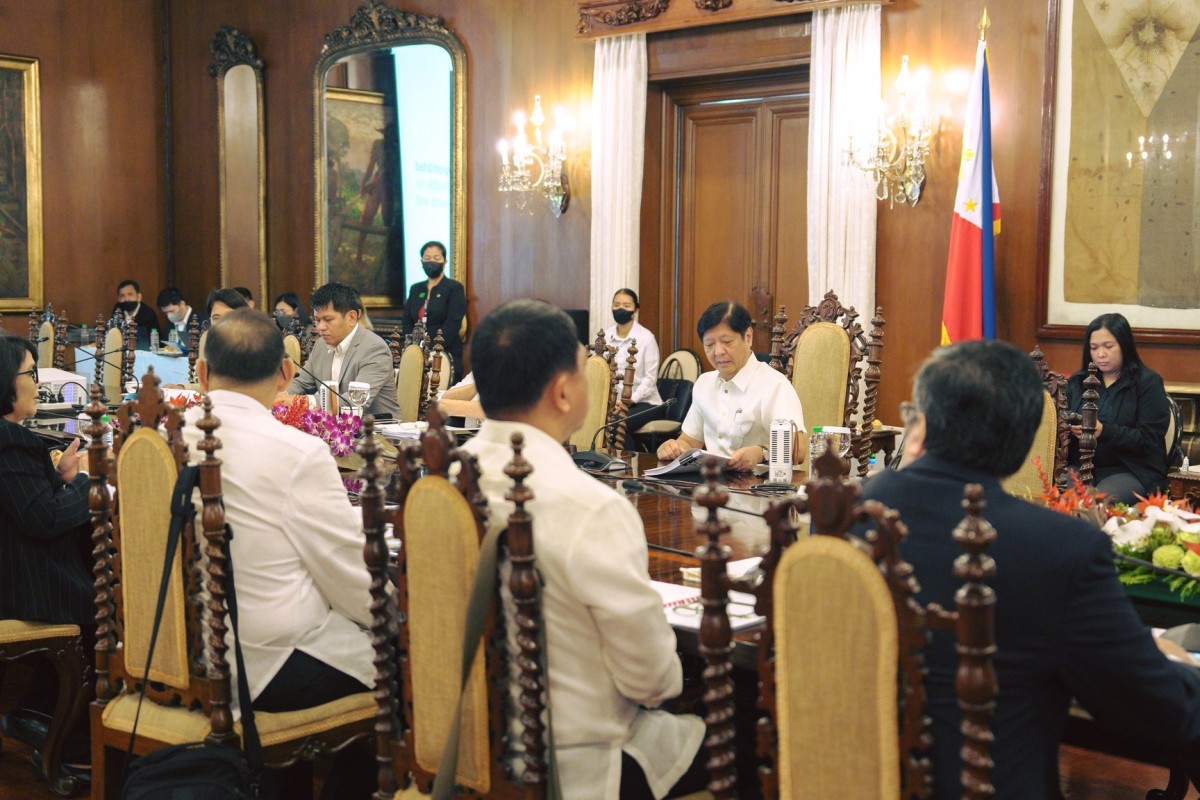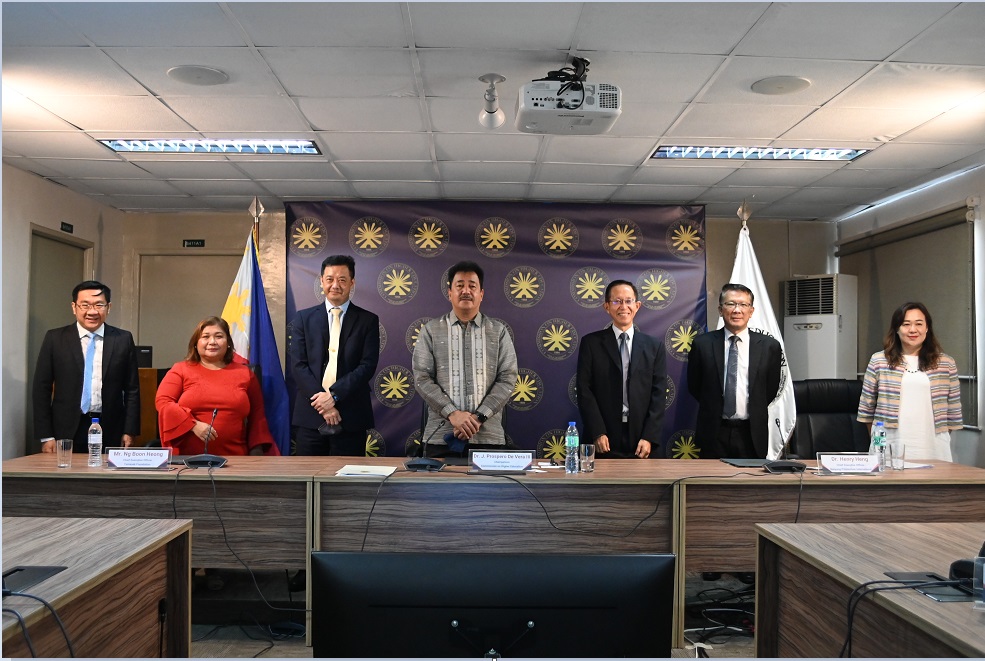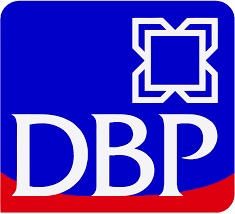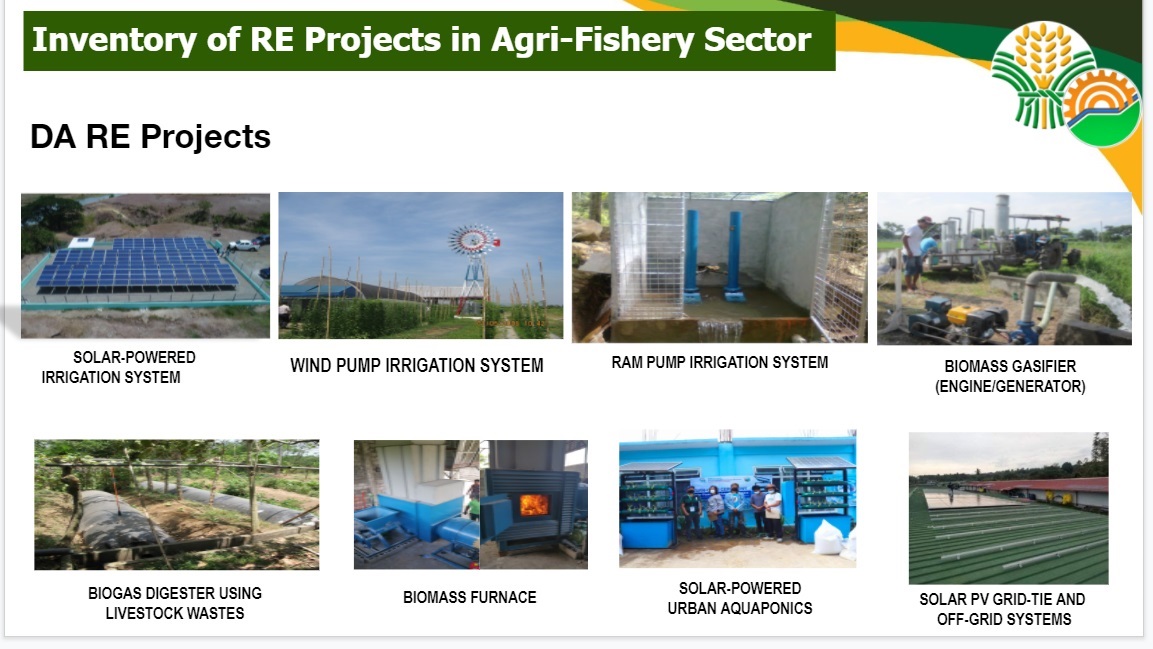MANILA -- President Ferdinand R. Marcos Jr. cited the need to upskill and reskill the seafaring workforce to address the scheduled shift of ocean-going vessels to green hydrogen as fuel source from 2030 to 2040.
The chief executive made this remark in a meeting with officials of the Department of Environment and Natural Resources (DENR) in Malacañang on Tuesday.
According to the President, seafarers would need additional training to be able to handle alternative fuels in a bid to meet global decarbonization objectives.
The chief executive’s assertion also comes in the wake of climate change talks at the 27th Conference of the Parties of the United Nations Framework Convention on Climate Change (COP27) held in Egypt from November 8 to 18.
Leading organizations across the shipping value chain, joined by the largest producers of green hydrogen, signed on November 14 a joint statement at COP27, committing to the rapid production and use of low-carbon fuels based on green hydrogen to accelerate decarbonization of global shipping.
The shipping sector currently accounts for 3 percent of global greenhouse gas emissions but is expected to grow to 50 percent by 2050 without intervention.
The seafaring industry, Marcos said, needs to create habits to help with carbon emission reduction.
The President has pushed for the development of renewable energy sources to address the problem of high power costs in the country.
In his attendance at the 29th Asia-Pacific Economic Cooperation (APEC) Summit in Bangkok, Thailand last week, President Marcos said the Philippines had prioritized renewable energy options such as hydropower, geothermal power, solar and other low-emission energy sources.
The chief executive said this prioritization is being done by setting a target for a higher share of renewable energy in the power generation mix of 35 percent by 2030 and 50 percent by 2040. (OPS)





